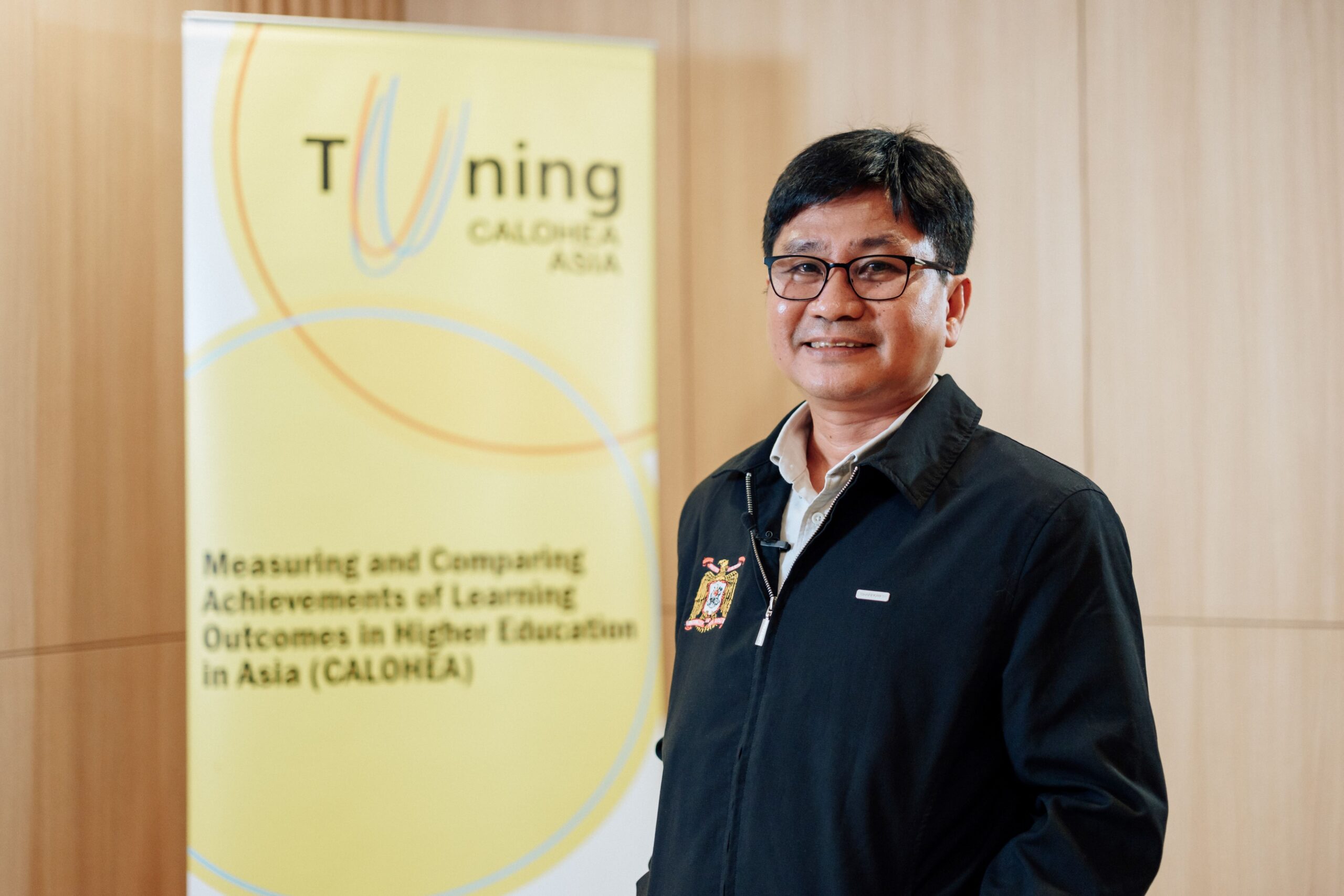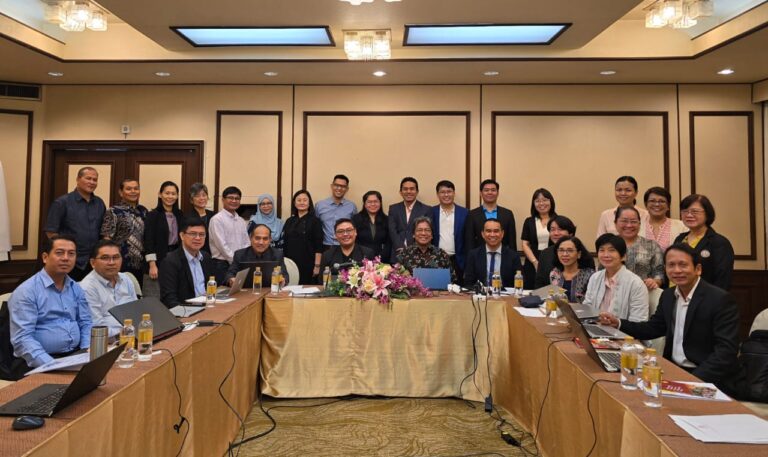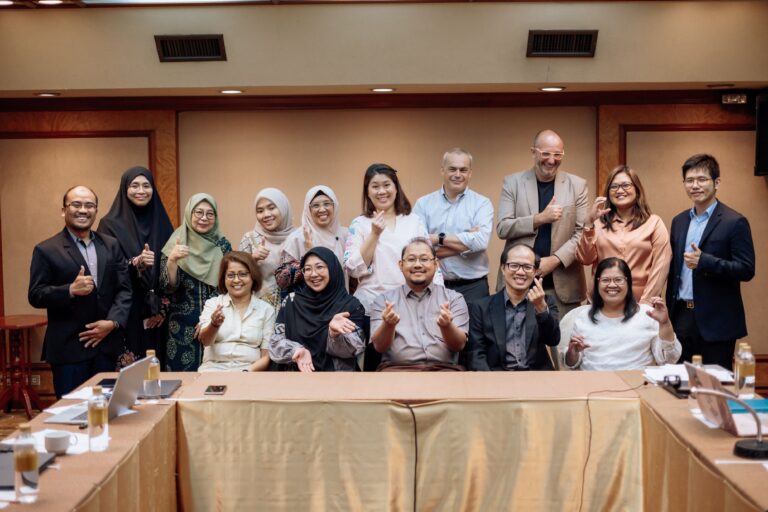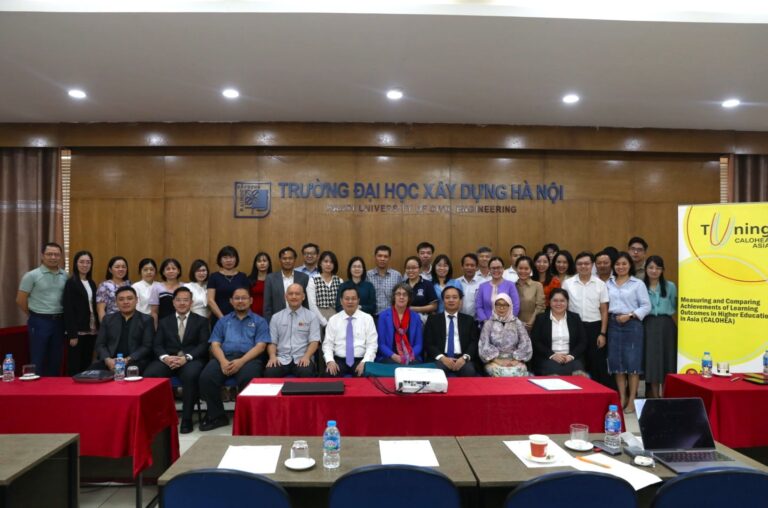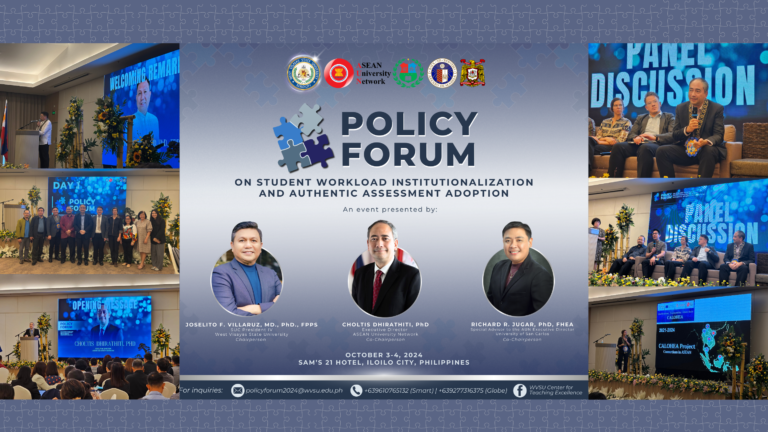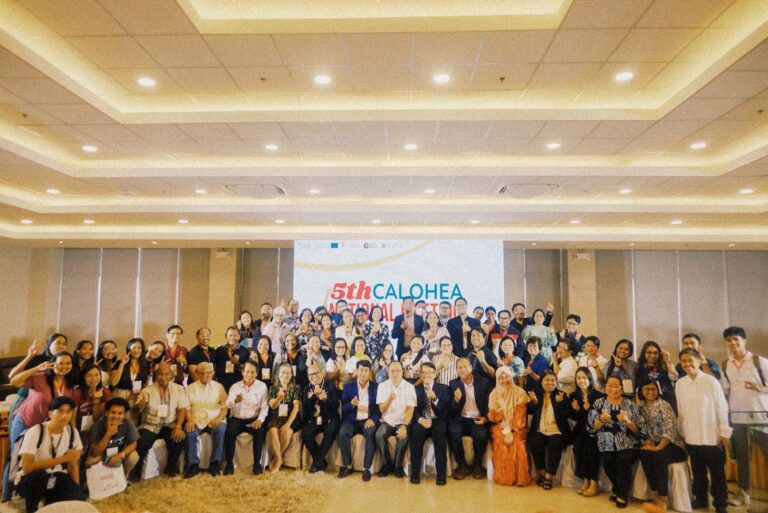Philippine Universities Lead in Educational Innovation and Authentic Assessment
The Ateneo de Manila University (ADMU) at Quezon City, through the Gokongwei Brothers School of Education and Learning Design (GBSEALD), has been conducting teacher training which promotes the practice of authentic assessments in the last two years since it was founded in 2021. These training projects are on Adaptive Design for Learning and Ignatian Pedagogical Paradigm. The institution has also been working closely with EDCOM 2, which is tasked to do a comprehensive national assessment and evaluation of the performance of the Philippine education sector.
The University of San Carlos (USC) at Cebu City, through the efforts of Dr. Richard Jugar, SAG Coordinator for Teacher Education, has made significant strides in enhancing its academic framework through the implementation of Student Workload (SW) and Authentic Assessment (AuA) policies. A university-wide orientation and workshop paved the way for an institutional policy and the adoption of a new course syllabus template that reflects these principles. The active involvement of university administrators, including the VPAA, was crucial in the widespread implementation of these policies across all academic units. Additionally, the integration of SW and AuA into continuous faculty development, such as Research Integrated Curriculum tasks, has been instrumental in improving teaching and learning practices at USC.
USC’s commitment to educational innovation extends beyond its own campus, as evidenced by the nationwide dissemination of the CALOHEA project initiative. This initiative, which includes the Reference Framework, SW, and AuA, has been presented at various national platforms such as the State Universities and Colleges Teachers’ Association (SUCTEA), National Economic and Development Authority – Region 7 (NEDA 7), USC Research Conference (URC), Cebu Institute of Technology University (CITU) International Conference, University of San Agustin (USA), West Visayas State University (WVSU), Mindanao State University – Iligan Institute of Technology (MSU – IIT), and the Catholic Educational Association of the Philippines Research Summit (CEAP). These efforts aim to align Philippine curricular programs with international standards, showcasing USC’s leadership in educational policy implementation and innovation.
The University of San Agustin (USA) at Iloilo City has hosted a series of seminar workshops led by both internal and external experts, focusing on student workload and authentic assessment. Initiated by the Vice President for Academic Affairs (VPAA), the workshops engaged academics from various programs within the university. The integration of student workloads into syllabi includes a structured format of 3 hours of contact time and 1 hour designated for independent study per course. These efforts were complemented by the sharing of best practices in authentic assessment implementation across different academic disciplines, leading to curriculum revisions that align learning outcomes, teaching activities, and assessment methods more effectively.
A team from USA continues to conduct an ongoing study surveying student workload perceptions at the university. USA collaborates closely with CALOHEA partners such as WVSU, USC, Nong Lam University in Vietnam and SRU, Cambodia, supporting initiatives aimed at realizing the objectives outlined in CHED memos concerning internationalization, standardization, and outcomes-based education (OBE). Reflections from both faculty and students indicate that structured student workloads have significantly influenced curriculum development across the university’s diverse programs. Furthermore, the university has implemented authentic assessments to gauge program outcomes within the context of its student workload framework, and a formal policy has been established to institutionalize these practices, ensuring alignment with the CALOHEA project’s goals within the university’s academic structure.
West Visayas State University (WVSU) at Iloilo City, particularly through its College of Education, has made significant progress in integrating and implementing authentic assessment within its curriculum. This initiative began with a seminar-workshop series on September 29, 2023, which focused on identifying various authentic assessment techniques and developing rubrics for assessing student outputs in key components of the internship program. By April 26, 2024, the initial rubric for teaching demonstrations was drafted, with further workshops planned to develop rubrics for other internship components. The CALOHEA team is also formulating a research proposal aimed at developing assessment tools for the Pre-service Internship Program, with the goal of implementing these tools across the entire WVSU system and disseminating them to other Teacher Education Institutions in the region.
The College of Medicine at WVSU has also embraced the CALOHEA project by conducting workshops on authentic assessment to enhance medical education. The curriculum analysis revealed best practices already in place, such as OSCEs in clinical clerkships and community-based projects in Family and Community Medicine, while also identifying areas for improvement, including the application of authentic assessment in all blocks and clinical rotations. The university has taken steps to institutionalize student workload by organizing workshops on workload-based curriculum planning and implementation, led by Dr. Richard Jugar. These efforts, supported by key university officials, aim to integrate student workload into course design, ensuring the well-being of both students and academics while promoting sustained efforts on authentic assessment.
These initiatives underscore the commitment of Philippine universities to innovate and enhance educational practices, fostering a culture of continuous improvement and alignment with global standards.

